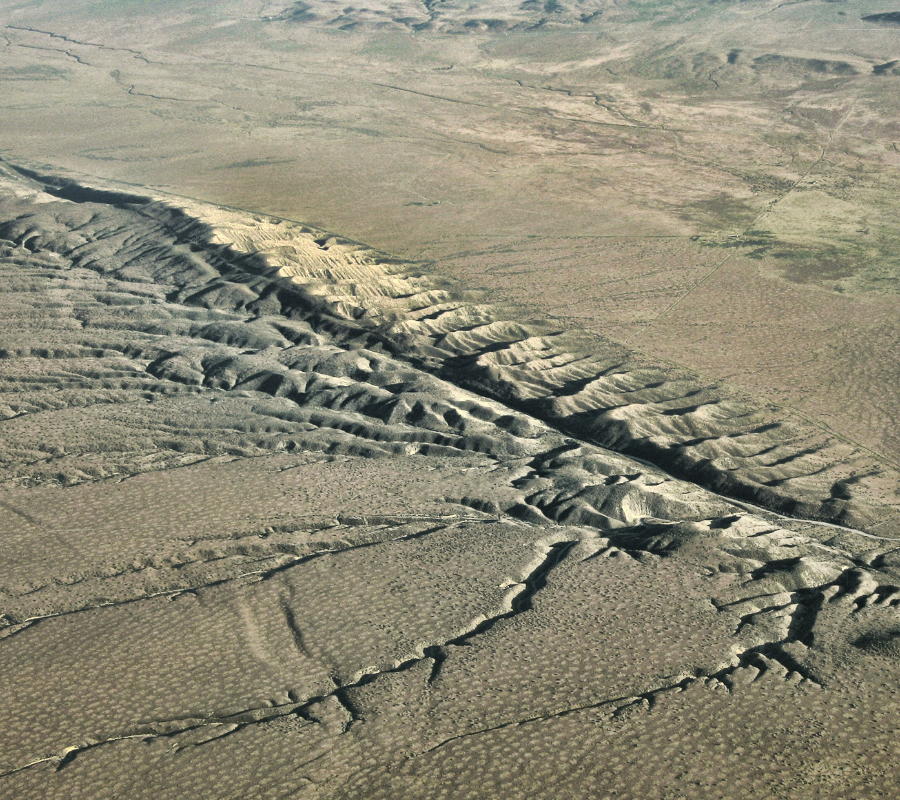Scientists have discovered a new fault line near the California Salton Sea, nearby the historical San Andreas Fault. The discovery has people questioning if its apparition has any responsibility for the small quakes felt by Californians over the last days.
Geologists analyze fault lines to determine the possibilities and consequences of an earthquake and measure its size and impact. Which is why, researchers continue to be alert over the San Andreas fault, caused by a major earthquake that claimed the lives of over 123 people back in 1933.

“Things like locations of the fault and expected magnitude at fault are what’s used to predict the maximum ground shaking a region can expect,” explained lead researcher of the study Valerie Sahakian, from the U.S Geological Survey to USA Today.
The Salton Trough Fault might provide many answers
Due to its susceptibility to earthquakes, California is a well-watched state when it comes to tectonic movements, which is why researchers felt impressed when they found the new Salton Trough Fault.
Researchers have explained that the recently-discovered fault is located underwater, which is why no geology team had not been able to find it until now. However, people are questioning the fault’s role inside the recent small quakes that have been taking place in the California region.
According to the website earthquaketrack.com, the California region has faced almost 200 small quakes in the past seven days and twenty just today. Even though these have been small tectonic movements, they have the science world questioning if the recently emerged film “San Andreas quake” can become a reality.
The San Andreas fault is located all through California, with an extension of over 800 miles and it forms a tectonic boundary near the Pacific and the North American plate. It latest movement happened 300 years ago, according to researchers.
“The extended nature of time since the most recent earthquake on the Southern San Andreas has been puzzling to the earth sciences community,” informed Graham Kent, a researcher, and co-author of the study in a press release.
The discovery of the Salton Trough Fault appears to be the answer that researchers were looking for. There are high possibilities that suggest the new fault has been absorbing the potential movements emitted by the San Andreas fault. However, more studies need to be performed by researchers.
The team of scientists is yet to determine a connection between the San Andreas Fault and the newly discovered one. In case that interaction is found, researchers might be able to understand how faults relate to each other and the possible effects they might have in a territory.
The findings of the study were published in the journal Bulletin belonging to the Seismological Society of America.
Source: BSSA
